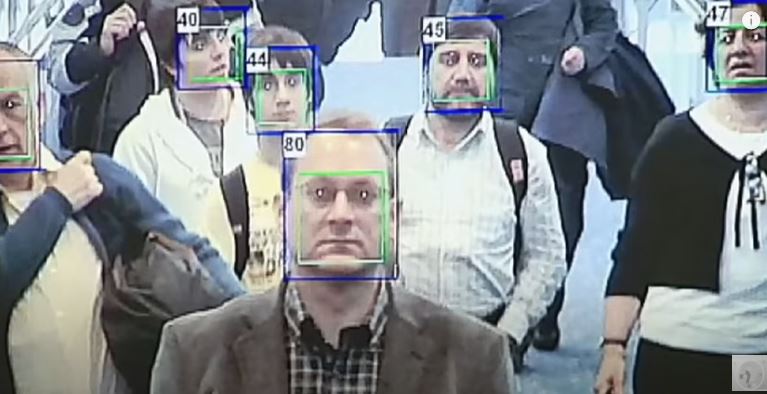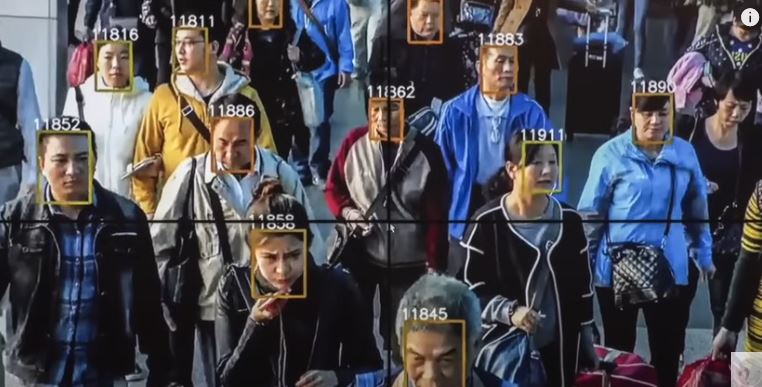**Breaking News: TSA’s Secret Facial Recognition Rollout Sparks Privacy Fears Across the Nation**

In a shocking revelation, the Transportation Security Administration (TSA) is quietly rolling out facial recognition technology across 400 U.S. companies, a move that could fundamentally alter air travel and raise significant privacy concerns for millions of Americans. This initiative, which is already operational in 25 airports, aims to streamline security procedures but comes at a steep cost to personal privacy.
The TSA’s implementation of automated facial recognition technology seeks to enhance security measures by cross-referencing travelers’ faces with their identification documents and flight details. However, this program has ignited a firestorm of criticism from privacy advocates and lawmakers alike, who warn that this could lead to unauthorized surveillance and the erosion of civil liberties.

Anonymous sources have pointed out the alarming potential for abuse, noting that such technology could capture biometric data without individuals’ consent or knowledge, paving the way for government overreach and invasive tracking. As this technology expands, fears grow over its implications for individual autonomy and freedom of expression.
Senator Edward Markey of Massachusetts has voiced grave concerns, emphasizing that travelers should never be forced to choose between safety and privacy. He, along with other congressional leaders, has urged the TSA to halt this initiative, fearing it sets the stage for a pervasive national surveillance system. Despite these calls for action, the TSA remains committed to its plan, touting enhanced efficiency and improved passenger experiences.

The TSA claims that the facial recognition software will not retain personal data post verification, but critics remain skeptical. They argue that the lack of stringent regulations governing facial recognition technology in the U.S. raises significant red flags regarding data security and potential misuse by hackers or malicious actors.

As the TSA continues to expand its facial recognition technology, privacy advocates are raising alarms about the implications for civil liberties. The proposed Traveler Privacy Protection Act, if passed, could mandate the TSA to cease its biometric data collection and eliminate existing databases within three months. However, the agency’s recent moves suggest a troubling disregard for public sentiment and privacy rights.

The urgency of this situation cannot be overstated. As surveillance technology rapidly evolves, the balance between national security and individual rights hangs perilously in the balance. Americans are left to wonder: will they be able to travel freely without sacrificing their fundamental right to privacy? The clock is ticking, and the stakes have never been higher.


